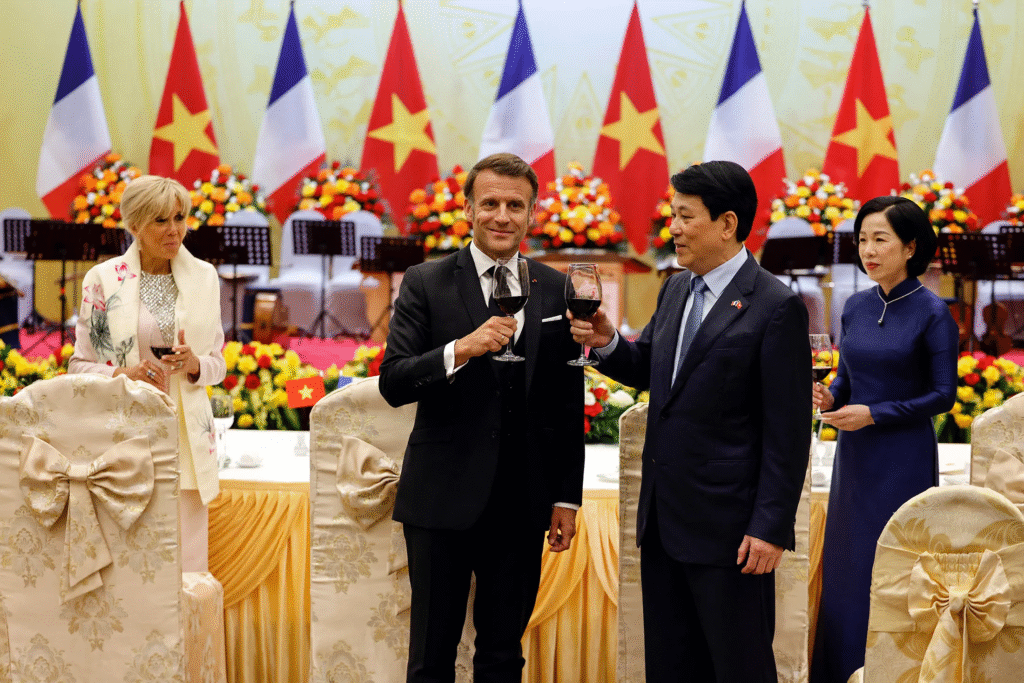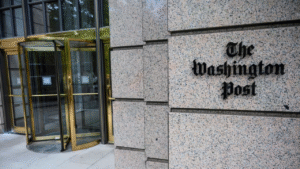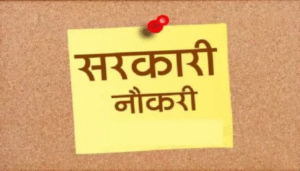France’s Strategic Pivot to Asia: A “Third Way” in a Bipolar World
French President Emmanuel Macron’s recent diplomatic tour of Southeast Asia, with key stops in Indonesia and Vietnam, signifies a crucial pivot in France’s foreign policy. Beyond traditional European engagements, France is actively seeking to deepen its trade and defense ties in a region increasingly vital to global economics and geopolitics. This outreach is not merely about bilateral gains; it represents a strategic effort to establish a “third way”—an alternative to the escalating rivalry between the United States and China—and to assert a distinct European voice in the Indo-Pacific.

Deepening Ties with Indonesia: Economic and Defense Imperatives
Macron’s visit to Indonesia underscores the economic and strategic importance of the archipelago nation. As the largest economy in Southeast Asia and a burgeoning defense market, Indonesia offers significant opportunities for French businesses, particularly in sectors like renewable energy, infrastructure, and advanced technology. The emphasis on deepening defense ties points to France’s ambition to become a more prominent security partner in the region, offering a counterbalance to existing alliances. This move is not without its historical echoes; France, as a former colonial power in parts of Southeast Asia, possesses an inherent understanding of the region’s complexities, which it now seeks to leverage for contemporary strategic advantage.
Vietnam and the “Third Way” Diplomacy
The subsequent visit to Vietnam further illuminates France’s “third way” approach. Vietnam, strategically located and historically wary of external dominance, presents a unique partner for France. By offering an alternative to aligning solely with either Washington or Beijing, France positions itself as a reliable, independent partner. This “third way” concept acknowledges the reality of a bipolar world power structure but refuses to be confined by it. It champions multilateralism, adherence to international law, and a more diversified security architecture, appealing to nations in the region that seek to maintain their sovereignty and avoid being caught in the crossfire of great power competition. This approach is particularly attractive to countries that are keen to diversify their security and economic partnerships without alienating major global players.
France’s Broader Indo-Pacific Strategy
France’s Indo-Pacific strategy, of which these visits are a critical part, recognizes that the region is not merely an arena for great power competition but a dynamic hub of innovation, economic growth, and diverse political systems. By engaging proactively and offering a nuanced approach, France aims to promote stability, uphold freedom of navigation, and contribute to regional security in a manner that is distinct from either American unilateralism or Chinese assertive expansionism. This strategy also aligns with the broader European Union’s push for greater strategic autonomy and a more active role on the global stage.
Conclusion
In conclusion, President Macron’s diplomatic efforts in Indonesia and Vietnam are more than just bilateral engagements; they are a calculated move to reinforce France’s presence and influence in the Indo-Pacific. By deepening trade and defense ties and articulating a “third way” in a world increasingly shaped by US-China rivalry, France is not only pursuing its national interests but also advocating for a more balanced, multilateral international order. This strategic pivot reflects a growing recognition within European powers that their future prosperity and security are inextricably linked to developments in Asia, and that a proactive, independent foreign policy is essential in navigating the complexities of the 21st-century geopolitical landscape.




















